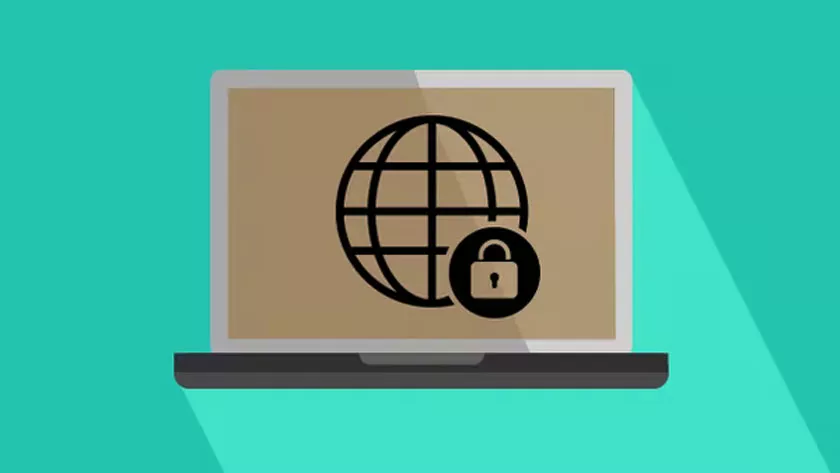Given that you’re reading this article, you probably know how vital network security is, especially when most people work from home. The question is, is it possible to fully secure your internet connection?

Is It Possible to Have a Secure Internet Connection?
The short answer to that is yes, it is. However, you will have to go through a few steps to ensure your internet connection is properly secured.
Testing Your Internet Connection
For starters, having a safe internet connection means controlling who uses the said connection and trusting the other
devices connected to it.
On top of that, it also implies having a WPA/WPA3 wireless password setup, or a VPN service enabled on your router or device.
To test the security of your internet connection, whether at home or at a public spot, check your protocol while browsing and make sure it says HTTPS instead of HTTP.
Websites that use the HTTP protocol do not encrypt your data, putting you at risk of being targeted by hackers and other third parties.
Moreover, make sure that you have active antivirus software on your device to prevent malicious malware from being downloaded from the internet.
The best way to test whether your antivirus is up for this challenge is to download an EICAR file. These files are harmless, but antivirus programs are trained to detect them as a virus, simply for testing purposes.
How to Ensure Your Internet Connection is Secure?
Follow the steps below to ensure your data and devices are safe at all times:
#1 Stick to Private Networks
Having a private connection means that you can control who uses your WiFi. When you connect to a public WiFi, you have no control over who else is using the same connection, which puts you at risk of security threats.
Hence, it’s best to stay away from open public networks and stick to your private and controlled WiFi, whether at home or at your office.
If you need to connect to the internet outside of a private network, make sure to have a VPN service ready to roll before going any further.
#2 Set up a WPA/WPA3 Security Protocol
Next up, make sure that your private connection is secured with a WPA/WPA3 security protocol. WPA stands for WiFi Protected Access.
It serves to encrypt your data and browsing activities, making it more difficult for hackers to track your steps and execute any serious attacks. Look up WPA/WPA3 security protocol tutorials online to learn more!
#3 Use a VPN
Lastly, make sure to use a virtual private network to hide your online activity from other users who could be using the same connection.
A VPN service allows you to connect to the internet anonymously and keep your data safely encrypted so that it can never get into the wrong hands.
All you need to do is activate your VPN service, choose a server location and connect to the internet without worrying about security threats.
Get ExpressVPN at just $6.67 / mo with 12 month + 3 month free
Practice Good Security Habits
While the basic internet security measures might seem simple right now, most people forget to implement them regularly. If you’ve never experienced a security attack, you might not feel the need to go through all these steps to ensure your internet connection is secure.
However, once you find yourself in a situation that could’ve been prevented if only you had a VPN activated, you will start taking internet security a bit more seriously. Either way, these few steps we listed above should point you in the right direction.
